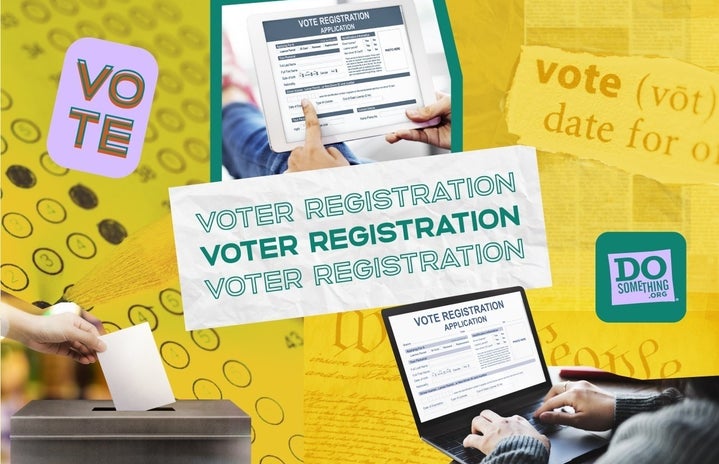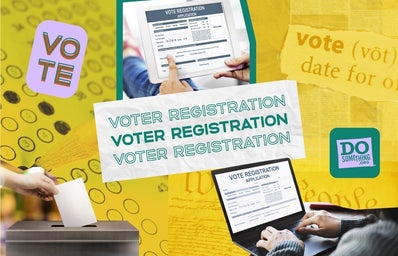Following the death of George Floyd and ongoing days of protests, many are wondering, what’s the next step here? How do we institute real, lasting change?
Police brutality is only one symptom of systemic racism. Racial injustice, immigration, income gaps, LGBTQ+ rights, healthcare access, education, voting rights and suppression, and economic injustice are all issues that disproportionately impact Black communities across the nation, fueled by centuries of oppression.
Voting is a critical component in the liberation of Black people, but it needs to happen in tandem with other actions that disrupt racism and dismantle white supremacy. We know that millions of Black people have created incremental change by voting, however the work must continue to create long term sustainable change.
To hold police officers accountable, elect local officials who will make changes
Last week, former President Barack Obama wrote in an article on Medium: “The point of protest is to raise public awareness, to put a spotlight on injustice, and to make the powers that be uncomfortable; in fact, throughout American history, it’s often only been in response to protests and civil disobedience that the political system has even paid attention to marginalized communities. But eventually, aspirations have to be translated into specific laws and institutional practices — and in a democracy, that only happens when we elect government officials who are responsive to our demands.”
We should absolutely be fighting to make sure we have a president who is ready to confront systemic, structural racism in our country. However, the U.S. presidential race tends to get all the attention, while there are dozens of other officials you get a say in choosing.
Local officials make choices for your city, so reform begins with mayors, police commissioners and district attorneys. They have immense power to address systemic problems in police departments and the criminal justice system right now, more so than the U.S. House of Representatives or Senate. In most cities, mayors appoint most police commissioners or police chiefs. Commissioners are then responsible for overseeing the performance of sworn officers. DAs are responsible for viewing the police reports from officers and investigating police-involved incidents. Criminal justice issues are also on these local ballots. Voting could help cut back on incarceration, reduce punishment, and reel in brutal police practices.
Because of COVID-19, most states still need financial assistance, and mayors can choose to allocate millions of dollars to community programming and resources instead of police departments. When you vote, you can help relocate those tax dollars to make sure they are separate from law enforcement altogether.
Register to vote with Her Campus & DoSomething.org
This year, Her Campus has partnered with DoSomething.org to make sure all college students are registered to vote. One vote matters. Your vote matters. And together, our votes have the collective power to decide the future of the country we want to see.
So, what’s on your ballot? If the events of the past few weeks in the U.S. have angered you, one more thing you can do is take two minutes to register to vote here, as a start in tearing down the systems in place that uphold white supremacy.
You can attend protests, call lawmakers, donate funds, support Black businesses — and more importantly, make those practices into regular habits. Election Day is coming too, and you can maximize the impact of the Black Lives Matter movement by going to polls and requiring that candidates have to be held accountable for issues that impact Black communities.


